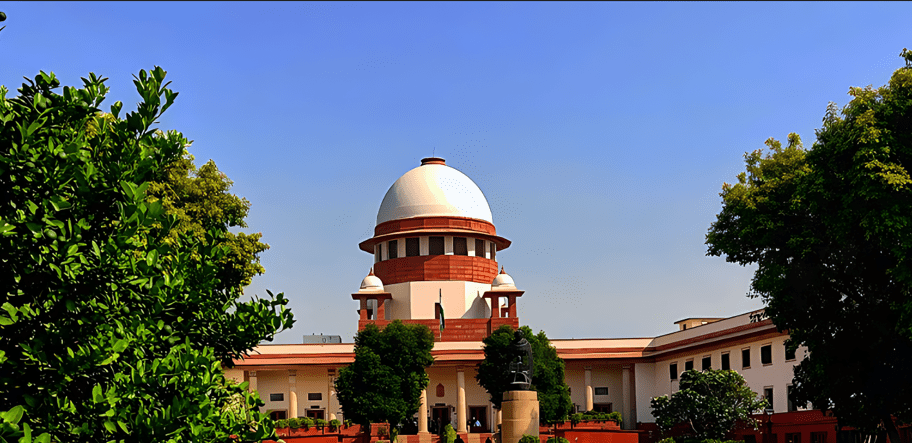
Keyword: Section 39 POSCO Act, Support Personnel, State Regulations
The Protection of Children from Sexual Offenses Act (POSCO Act) requires “support persons” to aid victims and their families. On Friday, the Supreme Court released a number of instructions on how to choose, employ, and compensate these individuals. [ Bachpan Bachao Andolan v. Union of India & Ors.]
In accordance with Section 39 of the POCSO Act, which requires States to provide recommendations for use by NGOs and professionals to offer survivors trial and pre-trial support, the instructions issued by a bench of Justices S. Ravindra Bhat and Aravind Kumar were addressed at Uttar Pradesh (UP).
The National Commission for the Protection of Child Rights (NCPCR) shall oversee the formulation of these regulations, according to the Court.
The Court’s decision resulted from a petition by the NGO Bachpan Bachao Andolan, which emphasized the challenges experienced by a survivor in a POSCO case in Uttar Pradesh. The Court observed that the POCSO case’s survivor had been revictimized multiple times.
The bench continued by noting that a support person may be very helpful in providing POCSO victims and their families with encouragement, comfort, and direction.
These individuals should be knowledgeable about the law and have a kind, kid-friendly approach.
The Court further recognized that the POCSO Rules, 2020 institutionalized support personnel.
According to the Court, “a support person is to provide information, emotional and psychological support, and practical assistance, all of which are frequently crucial to the child’s recovery.”
However, according to a different bench in a suo motu case titled In Re Alarming Rise in the Number of Reported Child Rape Incidents, support workers were only found to have been assigned in 4% of POCSO cases.
Therefore, there is still much to be done before this court’s statement that the appointment of a support person is required will be taken seriously. The court noted that action must be made to guarantee the POCSO Act’s functionality and the effectiveness of the procedures it establishes.
The Court further emphasized that in POSCO instances, the suffering of survivors is often made worse by a lack of assistance and support in the days that follow. The Court argued that in order to administer fair justice, such help is necessary.
“Only when the victims are returned to society, made to feel safe, and have their value and dignity restored can it be considered that justice has come close to being served Justice is a hollow word and a phantasm without this. As the largest investor in it, the State now has the responsibility of ensuring full compliance with the POCSO Rules 2020, in word and spirit, the Court stated.
It then went on to direct the UP Department of Women and Child Welfare’s Principal Secretary to call a meeting within six weeks to establish guidelines for support person hiring, job requirements, training, remuneration, and other factors.
The State Commissions for the Protection of Child Rights should evaluate these regulations or recommendations, the Court said, as well as a method for support personnel to provide monthly reports.
The court emphasized the fact that support workers are autonomous, educated professionals who must conduct extensive contacts in often hostile settings. The Court concluded that their salary should be commensurate with their training and expertise.
According to the Court, such remuneration should be determined while taking into account the wages given to experts in comparable positions who work for government organizations such as public sector organizations and government hospitals.
By October 4, the NCPCR must provide a unified status report explaining the progress made by all States in formulating such support person regulations.
The subject will be discussed again on October 6.
Name: Anamika Parasher, College: Jagran Lakecity University, Semester: LLB 5th semester an intern under Legal Vidhiya.




0 Comments